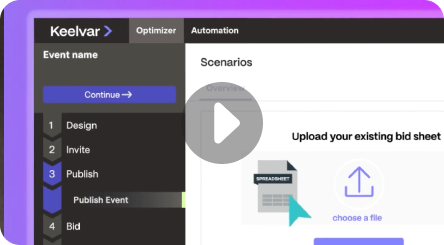
Navigating tariff volatility with Keelvar
Blog
Stay up to date with Keelvar!
Subscribe to our quarterly newsletter.
Subscribe to our quarterly newsletter.

The Rise of AI Agents in Enterprise Procurement
Documents

Rate Management: A Key Milestone in Achieving Autonomous Sourcing
Documents

.svg)












.png)
